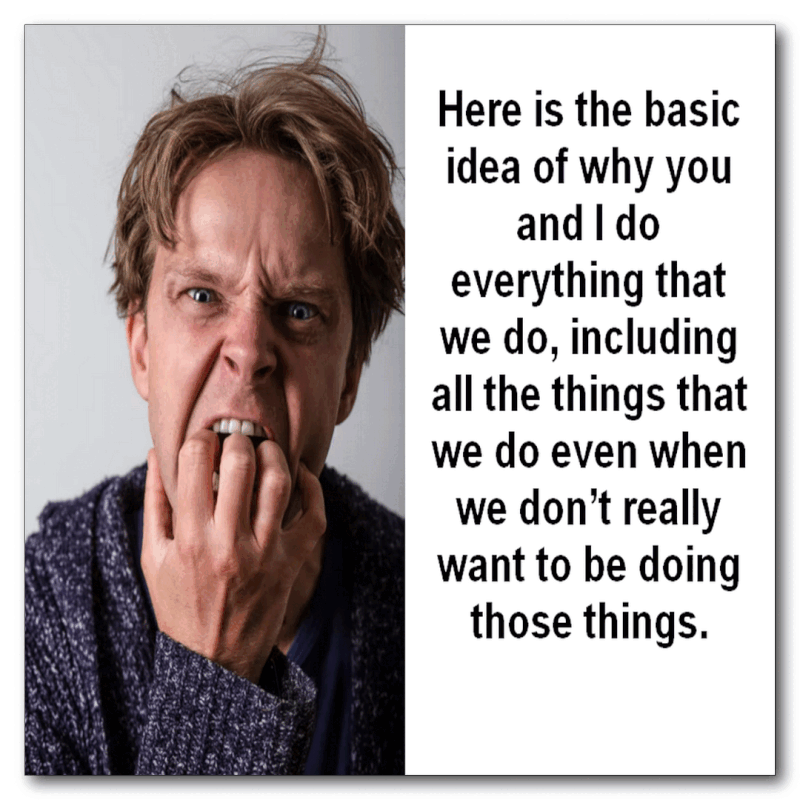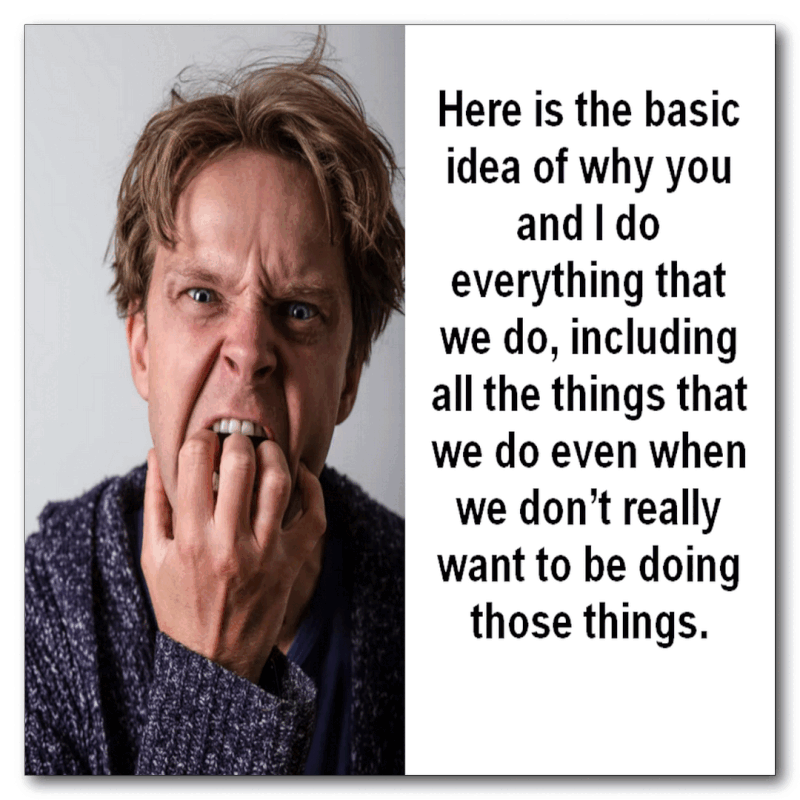TOPIC ---> SUFFOCATION
Free, freedom, let go, release, encourage, allow, tell, start, express, uncover, light.
So I asked, "What do you want to feel instead of feeling suffocation?"
The person chose these three words:
FREEDOM.
ENCOURAGEMENT.
RELEASE.
Then I asked, "When you think about these three words, what do you think it feels like to experience the meaning of these words?"
And then came my next question:
"What does it feel like to you to be free?"
HOW DO YOU DO THIS?
WHAT DOES IT FEEL LIKE TO FEEL FREE?
Close your eyes.
Remember a time when you felt free.
Remember what that felt like.
Feel that feeling.
What does it feel like?
What words come to mind when you feel feeling FREE?
Write them down on a piece of paper.
You might be surprised.
Perhaps you discover that along with feeling free comes the feeling of being lonely.
Surprise, surprise --- you could feel a sense of openess but also with a hesitation about it...like you might lose something:
That freedom comes with a price of having to give something up.
After all, if you want to feel free you might be feeling trapped by your present circumstances --- almost as if you are living in some sort of cage.
But that cage may have certain attributes you need or think that you need.
Maybe you feel safer in the cage?
But still...you feel trapped, like you are suffocating.
 |
| >>> click here <<< |
I ask, "What is holding you back from being free? What are you fearful of?"
The answer?
"I am the type of person who cares a lot about the opinions of other people."
A small pause, and then:
"In my family, we tend to judge a lot of people, the way they look, what they are doing…I don’t know how to feel free from that judgement."
Here is the pickle, the dilly, the small but powerful trap that comes from the implants implanted in our minds by the usual suspects.
The usual suspects are most often our survival figures. And they are typically our parents, particularly our mothers and then our fathers.
And so came the next question:
"What do you want to be doing?"
"I want to be a better professional.
I have the plan to be my own family…so I want to be a better person for them."
"What do you want to be feeling?"
"I want to be feeling more confident, happy, truly happy, not the kind of happy you say when you are not.
I want to feel useful, to help people, doing things that will actually help others…."
"What do you want to be having in your life?"
"I want to have a solid marriage.
Grow in my career.
I think I want to have money. More and more money to have a normal life.
I want to have, I believe in God, I want to have a better relationship with God.
I also wanting to have kids.
And a house."
All this seems like what a lot of people are wanting.
Here is the basic idea of why you and I do everything that we do, including all the things that we do even when we don’t really want to be doing those things.
The Basic Idea:
We do everything because of the way it makes us feel.
Even the stuff we do that we don’t want to do…we do it because of the feeling that we feel when we do it.
What does this mean? We do stuff we don’t feel like doing because we feel we have to do it because if we don’t do it we will feel something that we don’t want to feel.
EXAMPLE:
I don’t feel like going to work but I go because I feel I have to because if I don’t go to work I won’t get any money and I feel like I must have money because I feel like I will get hungry and I don’t like the feeling of not having money to buy food, pay rent, and so on.
So what to do?
Read this next part carefully.







No comments:
Post a Comment